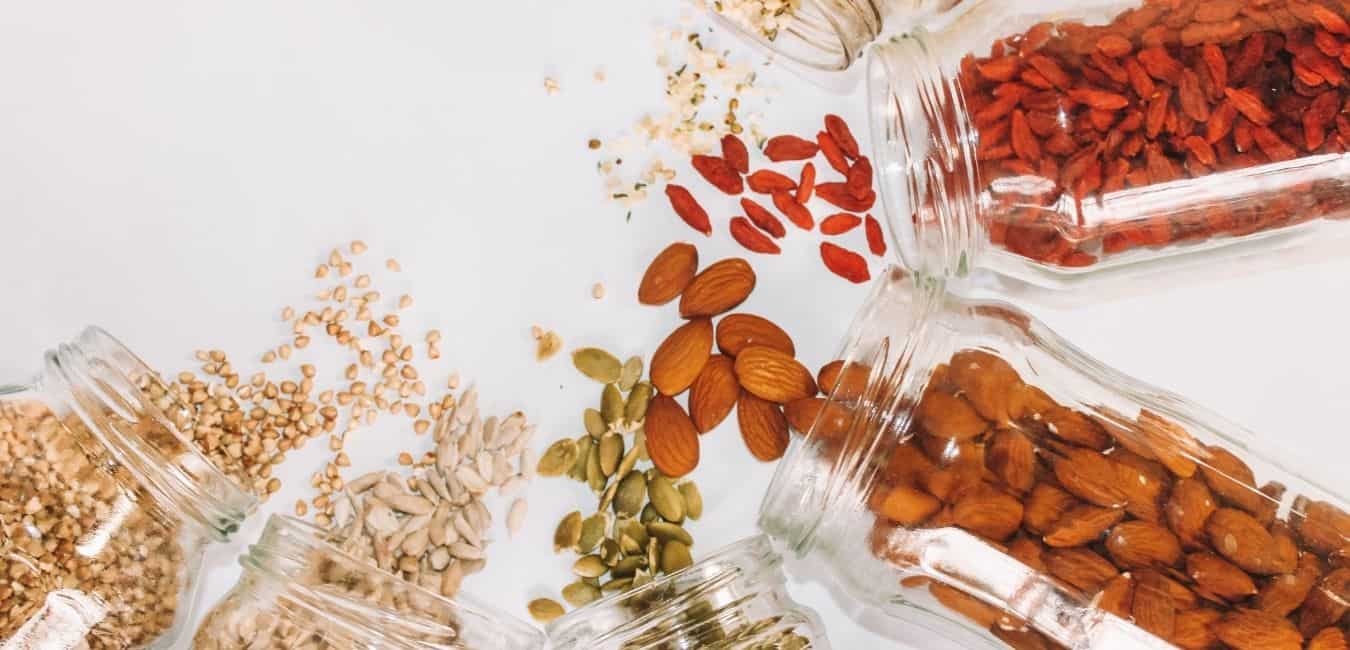Beans, beans, they’re good for your heart; the more you eat, the more you’ll…..
Wait?!? Lose Weight?!?!?
Well, not exactly. But beans can definitely help you toward your weight-loss goals.
That’s because beans are high in fiber and a good source of protein, both of which help you feel fuller on less food.
Plus, a May 2016 review in The American Journal of Clinical Nutrition found that simply adding beans to your diet (without otherwise trying to cut calories) may help you shed some body fat.
With that said, there are a few easy-to-make missteps that we’ve outlined below. Keep these in mind and you should be well on your way to weight-loss success.
Mistake 1: Relying on Beans as Your Only Source of Protein
Protein is a super-satisfying nutrient — and because of that, getting adequate protein can help you stick to your diet and not feel deprived even though you’re cutting back on calories, per a June 2015 study in The American Journal of Clinical Nutrition.
But beans shouldn’t be your only source of protein. That’s because beans don’t deliver all of the essential amino acids your body needs. (Refresher: Amino acids are the building blocks of protein and the “essential” ones are, well, essential because our bodies can’t make them. We get them through food.)
Many beans are low in methionine, an amino acid that is present in higher amounts in grains. Beans provide higher amounts of lysine, which is limited in grains. For this reason, many people have been taught that they should pair the two food groups to form a complete protein, in combinations like beans and rice.
This is true, but the notion that you must eat these foods at the same meal is outdated. Your liver stores essential amino acids over the course of a day for later use, so as long as you get an adequate supply of essential amino acids within a 24-hour period, that’s sufficient.
Bottom line: You can meet your protein needs when you exclusively eat plant-based; just be sure to vary your plant proteins.
Mistake 2: Buying Canned Beans High in Sodium
More than 70 percent of the sodium we consume comes from processed, packaged and restaurant foods, according to the American Heart Association. Beans fall into that packaged food category.
Read the nutrition facts on a can and you’ll see the sodium count varies. Some have absolutely no sodium whatsoever, while others deliver over 1,000 milligrams in one can, per the USDA.
But what does sodium have to do with your weight and your potential to lose weight or not? Eat too much sodium and your body will hold onto extra water. This can cause puffiness, bloating and — unfortunately — sometimes weight gain.
Do your heart and your waistline a favor and choose low-sodium beans.
Mistake 3: Eating Beans Only With Meat
OK, so beans plus meat will really pump up your protein count — and eating a high-protein, low-calorie diet can help you lose more weight than following a moderate-protein, low-cal diet, per a study in the June 2015 issue of The American Journal of Clinical Nutrition.
But eating more plant-based meals can fuel your weight-loss goals. For one, vegetarians and vegans typically weigh less than omnivores, according to a 2016 position paper in the Journal of the Academy of Nutrition and Dietetics. And other research shows that body mass index increases incrementally based on the frequency with which people eat meat, per a 2018 study in Frontiers in Nutrition.
So, skip the meat at your next meal and capitalize on the opportunity to make your bean-based meal vegetarian or vegan — it could fuel your weight-loss efforts.
Mistake 4: Smothering Them in High-Calorie Toppings
We’re looking at you, cheese, sour cream, chips and guacamole. They’re all delicious and — except for the chips — deliver a little extra nutrition. But add too much and you’re significantly upping your calorie count.
A quarter-cup of sour cream or guacamole adds around 90 calories, per the USDA. And you’ll add 100 calories with a quarter-cup of shredded Mexican cheese, according to the USDA.
Next time it’s Taco Tuesday in your house, opt for lower-calorie, nutrient-dense accompaniments, like salsa or grilled veggies.





